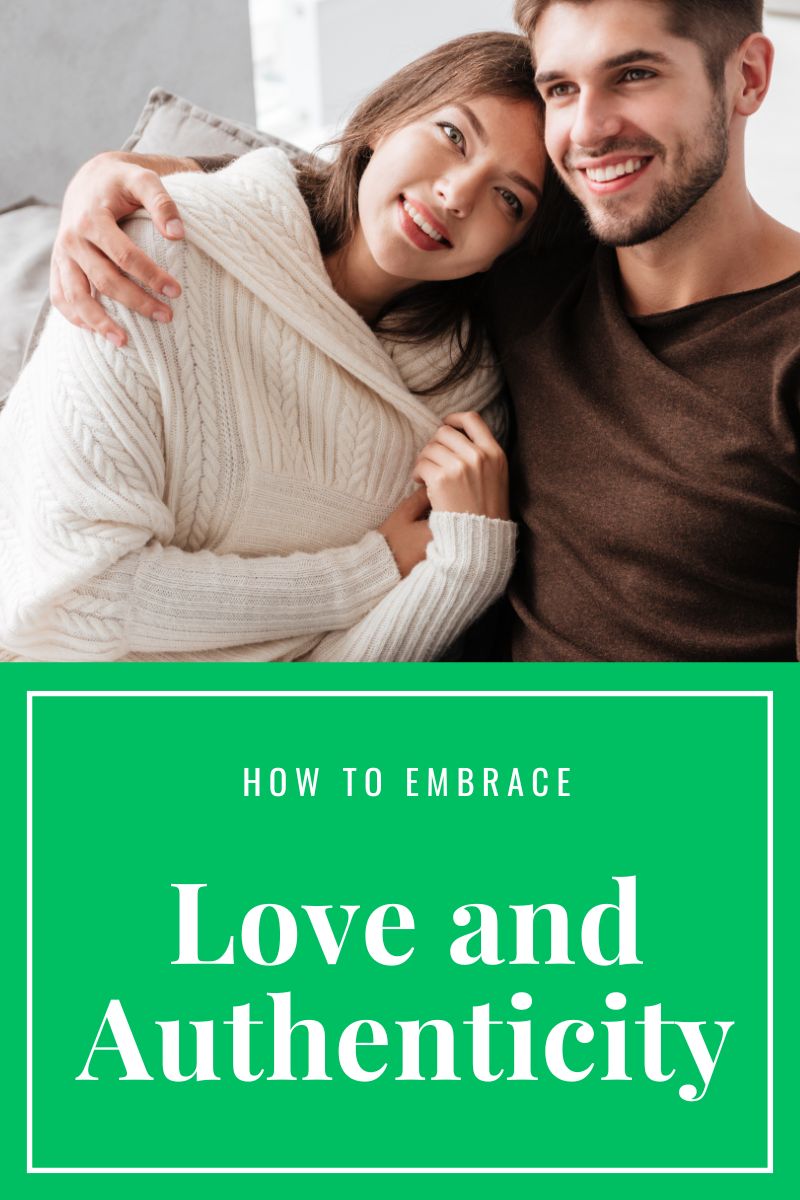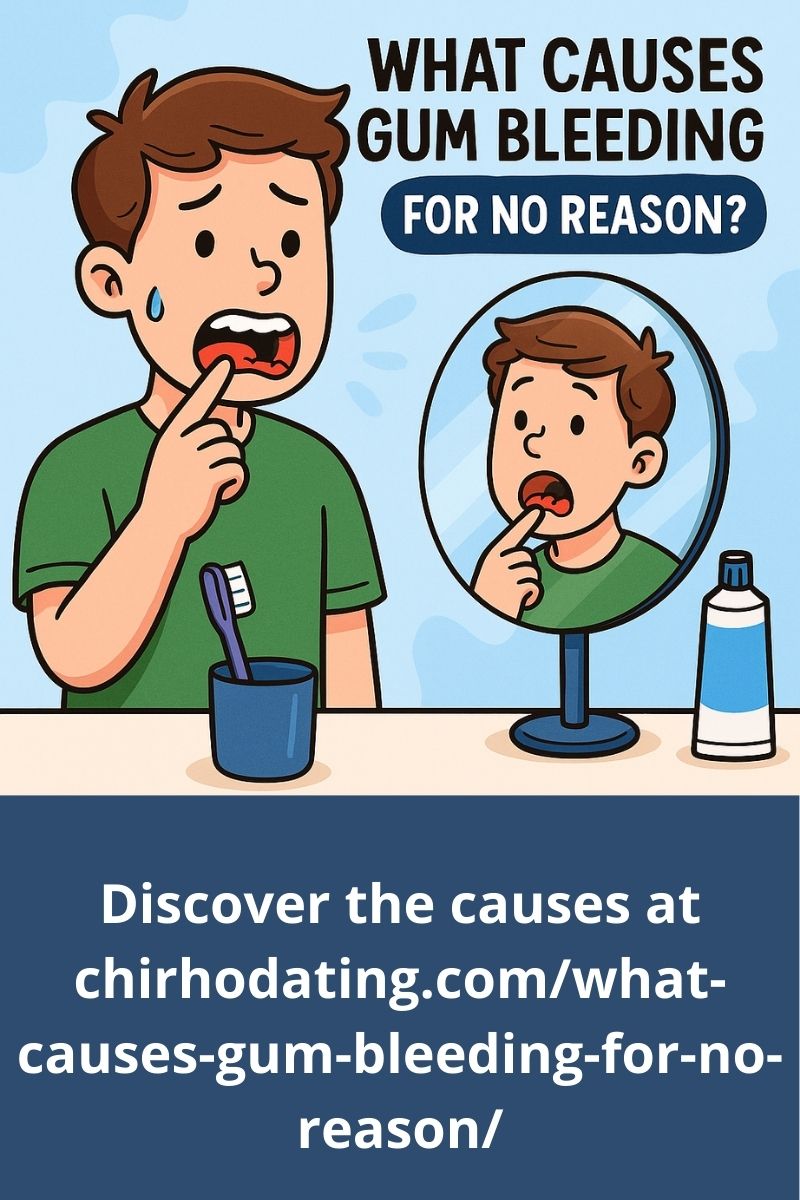We are a professional review company that receives compensation from companies whose products we review. We test each product thoroughly and give high marks only to the ones that are the very best. We are independently owned, and the opinions expressed here are our own.
Finding love in a world of dating apps, social media, and endless self-help guides can feel overwhelming. Some Internet sources suggest that embracing a deeper authenticity is the “decisive move” to finding love, but is it true? Let’s explore whether current research and expert sources back this claim—and how you can apply these insights to your journey toward love.
1. Understanding Authenticity in Relationships
Authenticity refers to aligning with your true self—honoring your genuine thoughts, feelings, and values rather than conforming to external expectations. Regarding relationships, Psychology Today highlights that authenticity forms the bedrock of trust and emotional safety.
Why It Matters
- Better Communication
- When you’re authentic, you communicate your feelings honestly. You’re less likely to resort to passive-aggressive behavior or hidden resentments.
- Actionable Tip: The next time you’re upset or disappointed, try expressing it using “I feel” statements. For example, “I feel worried when we don’t talk about our problems directly.” This helps your partner understand your perspective without feeling attacked.
- Trust Building
- Authenticity encourages reciprocity—when you share your authentic self, your partner feels safer doing the same.
- Actionable Tip: Initiate a weekly “truth check-in.” Ask, “Is there anything we haven’t discussed on your mind?” This provides a regular opportunity to be transparent.
- Emotional Resilience
- Living inauthentically can create stress and anxiety. By contrast, embracing who you are can help you cope with relationship ups and downs.
- Actionable Tip: Identify one area in your relationship where you’re holding back (e.g., a hobby or interest you haven’t shared). Open up with your partner—this is a small step toward living more genuinely.
Click here for more tips on becoming a better communicator and building trust.
2. The Science Behind “Being Yourself”
Many experts confirm that authenticity is a cornerstone of healthy relationships. WebMD notes that when individuals express themselves honestly, they encounter fewer conflicts and experience deeper emotional intimacy.
Authenticity as an Asset
- Self-Awareness
- Knowing your values, triggers, and emotional patterns helps you respond rather than react during disagreements.
- Actionable Tip: Spend 5–10 minutes each day journaling. Note any strong emotions you felt and reflect on whether you expressed them authentically or held them back.
- Personal Growth
- Authentically sharing vulnerabilities fosters a growth mindset in couples. Each partner learns from the other’s experiences.
- Actionable Tip: Try a “fear share.” Each partner shares one worry or insecurity. Discuss it openly—what do you need to feel supported?
Why It Works
Peer-reviewed studies in relationship science (e.g., Journal of Social and Personal Relationships, 2016) confirm that authentic self-disclosure strengthens emotional bonds. People are more attracted to partners who seem “real” and unafraid to show imperfections.
Click here if you want to learn more about the importance of authenticity.
3. Overcoming Barriers to Authenticity
Despite the benefits, many people struggle to be authentic. Common roadblocks include fear of judgment, past relationship traumas, and societal pressures to “fit in.”
- Fear of Judgment
- Challenge: Worrying about rejection or ridicule can make you censor your true thoughts.
- Actionable Tip: Gradually build tolerance for honest expression. Start by revealing small personal preferences—like your taste in music or a childhood dream—to gauge how your partner responds. Positive reactions can boost confidence.
- Perfectionism
- Challenge: Believing you must appear “perfect” to be lovable leads to performance-based interactions.
- Actionable Tip: Share something you find embarrassing about yourself (a silly habit or a past awkward moment). Normalizing imperfection signals it’s safe for both of you to be flawed.
- Social Media Pressure
- Challenge: Online profiles can create curated images of who we think we “should” be.
- Actionable Tip: Show your partner a picture or post you hesitated to share publicly. Use this as a conversation starter about how social media can distort reality.
Bonus Resource:
The American Psychological Association (APA) suggests therapy or counseling can be instrumental if more profound trauma or self-esteem issues block authenticity. (Source: American Psychological Association, “Therapy in the 21st Century”)
4. Practical Steps to Cultivate Authenticity
Being authentic isn’t a one-time act; it’s an ongoing practice. Below are strategies to help you develop—and sustain—genuine connections in your relationship.
- Reflect on Core Values
- Actionable Tip: Each partner writes down three core values (e.g., honesty, compassion, humor). Share them and discuss ways to honor those values daily.
- Why It Works: The Gottman Institute emphasizes that aligning core values can reduce conflict and enhance closeness.
- Practice Vulnerability
- Actionable Tip: Schedule a “vulnerability hour” once a week during which you share something personal, such as worries, hopes, or secret dreams.
- Why It Works: Allowing your partner to see your softer sides fosters deeper emotional intimacy and trust.
- Set Boundaries
- Actionable Tip: Create a “non-negotiables” list of unacceptable habits or behaviors (e.g., yelling, name-calling). Share this list, and encourage your partner to do the same.
- Why It Works: Being clear about boundaries upfront can prevent misunderstandings and resentment.
- Seek Professional Support
- Actionable Tip: Explore relationship counseling or individual therapy if you need more guidance. You can find specialized therapists through Psychology Today’s therapist directory or local mental health organizations.
Click here for more tips on setting boundaries in relationships and why it’s crucial.
5. Verifying the Claims: Do They Hold Up?

- Claim from the Internet: Authenticity is the decisive factor in finding love.
- Expert Verdict: Supported. Multiple sources (including Psychology Today and WebMD) emphasize that genuine self-expression forms the foundation of healthier, more stable relationships.
- Claim from the Internet: You attract the “right” person by showing your true self.
- Expert Verdict: Plausible. While love is complex, consistently showing who you are—values, quirks, and vulnerabilities—filters out partners who aren’t a match. Peer-reviewed studies confirm that superficial connections tend to falter over time, whereas relationships built on authenticity endure.
Actionable Tip: Apply these insights by being upfront early on. For instance, if you’re dating, share your genuine interests and moral compass instead of mirroring a partner’s preferences. This prevents mismatched expectations and wasted emotional investment.
6. Embracing “Love and Authenticity” in Everyday Life

“Love and Authenticity” encapsulates that genuine self-expression fuels more meaningful, enduring connections. Whether you’re single, dating, or in a long-term partnership, remember that authenticity is a skill you refine continuously.
Making It a Daily Practice
- Mini Check-Ins
- Actionable Tip: Have “mini authenticity check-ins” daily. Ask: “What moment today did I hold back from being real?” Then, brainstorm how you might handle that moment differently next time.
- Celebrate Growth
- Actionable Tip: Acknowledge small wins—like when expressing disappointment or joy—rather than bottling it up. Share a “proud moment” each evening where you stayed true to yourself.
- Stay Curious
- Actionable Tip: Continuously learn about your partner’s evolving self. Ask more profound questions about their day or their dreams. Authenticity in a relationship grows when each person remains open to self-discovery.
Final Thoughts
Many online articles suggest that authenticity is decisive in finding genuine love. This concept, supported by reputable sources—Psychology Today, WebMD, and peer-reviewed journals—holds weight: Showing up as you, indeed, not only improves your self-esteem but also helps attract and sustain healthier relationships. By understanding common barriers, practicing actionable steps, and committing to ongoing self-reflection, you can elevate the authenticity in your current relationship and nurture a love that stands the test of time.

Sources
- Psychology Today, “What Is Authenticity?”
https://www.psychologytoday.com/us/basics/authenticity - WebMD, “Building and Maintaining Healthy Relationships”
https://www.webmd.com/balance/guide/building-healthy-relationships - Journal of Social and Personal Relationships (2016)
https://journals.sagepub.com/home/spr - The Gottman Institute, “Knowing Your Core Values”
https://www.gottman.com/blog/ - American Psychological Association, “Therapy in the 21st Century”
https://www.apa.org/topics/therapy
To your success,




What do you think about the article you've just read? Please tell me below.